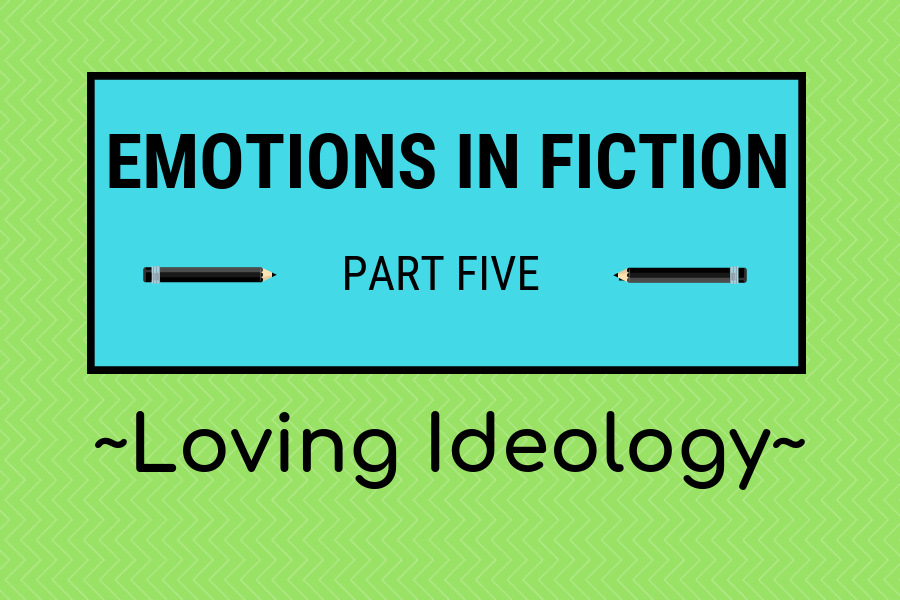Since we all experience life, we tend to gravitate toward those causes that have impacted us. Or you may feel affected by the idea of wanting to stop an injustice because your heart is moved.
Stopping harmful behavior is a worthy goal. And since Jesus told stories, many authors want to tell stories to encourage readers from destructive activity. However, the parables Jesus told were meant to teach a lesson to an audience eager to learn from Him. Also, the stories were quite short. And effective.
The novelist has a different challenge. Perhaps the novelist wants to discourage abortion. The novelist decides to write an entire novel about the pitfalls of abortion. Granted, this is a complex, riveting topic; and there is more than enough material. Stories can take varying directions and still teach a lesson. Many’s the novel that includes abortion. Some deal with the emotional impact on the woman. Some visit the implications on the man. Others discuss, then dismiss, the act. Fill in the blank with any other topic, and it will apply.
The thing is, you might want to teach readers that a viewpoint or act is good, bad, or indifferent. But when the topic overtakes the story, you’re in trouble. Most novel readers seek entertainment. They don’t mind discovering nuggets along the way. However, no one reading a novel wants to be pummeled with ideologies or preached at. Even when the reader completely agrees with the novelist, most people will resent handing over their leisure time to a novelist telling them how to think or what to do. Rather, let the story speak for itself. Let the reader come away with, “Aha! Wow, that snuck up on me. Let me give that some thought.”
A clue? When beta readers start talking about your novel as the “abortion” novel or the “adoption” novel or the “alcoholism” novel, then ideology has overtaken the story. Very, very few publishers are in the market for overt issues novels. And even fewer readers want to read them.
Your turn:
What tips can you offer on keeping a novel that addresses significant issues from becoming a lesson instead of a story?
What book do you think does a great job addressing issues while keeping the story in the forefront?



 Does Your Company or Church Need an Intellectual Property Policy?
Does Your Company or Church Need an Intellectual Property Policy?
In this pain-wracked midwatch
ideology’s just a word
for something I can’t touch,
someone’s need to be heard.
I’m looking now for distraction,
though morphine would be nice,
and I don’t need no abstraction
while caught in this devil’s vise.
There’s a cause for every heart
and I won’t demean them now,
but dude, please don’t start
with me, or I’ll kill your sacred cow.
Don’t wanna cramp your propaganda style,
but all I really need here’s a smile.
I’m sure your poetry is bringing smiles to many faces, Andrew. 🙂
Putting a thread into the story through your characters might be a good way to convey an ideology without sounding preachy. That is, give your character a characteristic that leans toward the ideology you want to convey. But do so in a soft understated way so that it glows through the character and isn’t a harsh spotlight. No one wants to be beaten over the head with an ideology even if a person agrees with it. 🙂
Right, put them in a situation that forces them to deal with the issue.
Instead of ‘preaching’ about a topic it’s best to let the readers experience the behavior through one of the characters.
It can be the main character but sometimes it works better in writing to make it an important secondary or ancillary character who interacts with the main character.
Does the main character volunteer in a halfway house, in a church that sponsors AA meetings or even a social worker? Those positions open up a lot of conflicts.
Great ideas, Diana!
I agree, Tamela, and I say ditto to Seralynn’s comment. A soft thread is best, just don’t dwell on it or be blatant about it.
Exactly, Loretta.
Recently I ran across a clip of Jordan Peterson saying, “Real artists don’t know what they’re doing.” He was contrasting this to Frozen, which while well-executed, was clearly planned to put across a specific message, and which according to him is “pure propaganda.”
That quote really gave me pause. I do try to be sensitive to the story and the chatacters, but all of us can ask ourselves … Am I too heavy on the theme? Am I ignoring other themes that might emerge? Are my characters behaving like actual people, or like illustrations of ideas?
Great questions to ask when writing any novel, Jennifer.
Great post, Tamela. This is excellent advice, and I have definitely been there. I pride myself in writing “issue” books. However, I have learned through experience that ALL great fiction is PLOT driven, not issue driven. I had to dig deep and consider why I would want to read my own book. What would keep me interested? What makes my reader want to turn the pages? Then I wrote THAT book, and it just happened to have an important issue in it. I wish I had read this blog post a year ago! Thank you for your insight as always.
Thank you, Julie!
Great posting, Tamela. It reminded me of Atlas Shrugged, which was a great story that frequently got bogged down by preaching….political, though it was.
Oh man, was that novel ever a tough slog!
Francine Rivers did a creditable job on the issue of abortion in her novel The Atonement Child.
Now a challenge for another blog: How does a non-fiction piece use these same guidelines with effective results?
Thanks for the prompt, Ann. In my opinion, it’s fine to emphasize an issue in nonfiction. Why? Because in seeking help actively through reading, I WANT to know the topic. I WANT to know that the book will address my immediate need to cope with that topic. And I want to know the approach the author takes. For instance:
Conquering Spiritual Warfare
Finding Peace During Spiritual Warfare
Both titles tell me the topic and their differing approaches. In fact, I might be inclined to buy both books!
Great question — thanks for asking.
Thanks for your reply.
I agree with several other responses. If I can show the issue through my main character and the struggles he or she has in dealing with it and the pitfalls they face in everyday life, the reader is more apt to become so interested in the character and his or her struggle that the ideology comes through without them realizing it. If the writing becomes too preachy about an ideology or condescending towards those with a different idea, we may find ourselves preaching to an empty space. Readers will not come.
Exactly, Martha!
Interesting post, Tamela. Story ~ first, last, and always. Liz Curtis Higgs Scottish historicals explore trusting & obeying God but no preaching there. The characters and the drama leave a hint of message to ponder. I think Angela Hunt’s The Offering did the same. Powerful stories.
One tip I caught from having written a story where I preached: Examine long segments of dialogue. That turned out to be a clear red flag that story was over-ridden by message.
Great tip, thanks!
I just finished A Cry from the Dust by Carrie Stuart Parks and started the next in the series, The Bones Will Speak. I’m loving her writing style and looking forward to Christy and Carol Awards winner When Death Draws Near, later in the series. The author’s credentials as a well-known forensic artist and cancer survivor lend credibility to both of those as experiences critical to the main character, Gwen’s, identity, as well. Gwen prays, but she doesn’t preach. Her best friend quotes Bible verses to her and decorates her house with them–and sometimes preaches.The friend can preach at the reader while preaching at Gwen, even when Gwen doesn’t appreciate it. It’s seamless.
In the first book, the “issue” was the under-the-radar illegal activity of fringe break-off Mormon groups that goes unaddressed, legally. I’m not far enough into the second to be sure, but its issue might be rogue law enforcement people who also stay under-the-radar because until recently our society has tended to assume the best about all people in uniform.
The murder mystery genre provides a great setup for having the bad guys have an ideology to oppose, instead of the author having an ideology to be careful not to promote too heavily.
Thank you so much, Linda. 😀
Thanks, Tamela, for this post, and the commenters gave good tips as well.
When reading a novel, I certainly want it to be entertainment, or even escape, for awhile. I don’t want to be hit over the head with ideology, even if I happen to agree with it.
Even in reading non-fiction, while I expect the message to be there, for me, if the author writes in a condescending way, that’s a big turn-off. The message may be one I need to hear, but I’d probably put that book down and not go back to it. The same way for sermons I hear. For example, if the pastor admits he has problems having faith sometimes, I’m far more ready to hear what he has to say, than if he comes across as someone who never has any problems like that. I can’t identify with that kind of person.
One of my favorite books is Uncle Tom’s Cabin. The abolitionist agenda is clear, but it’s also a really good read.
These are all good thoughts. I believe the message needs to be woven into the story, but I don’t think anyone should be afraid to include the message. God speaks to people through His Word.